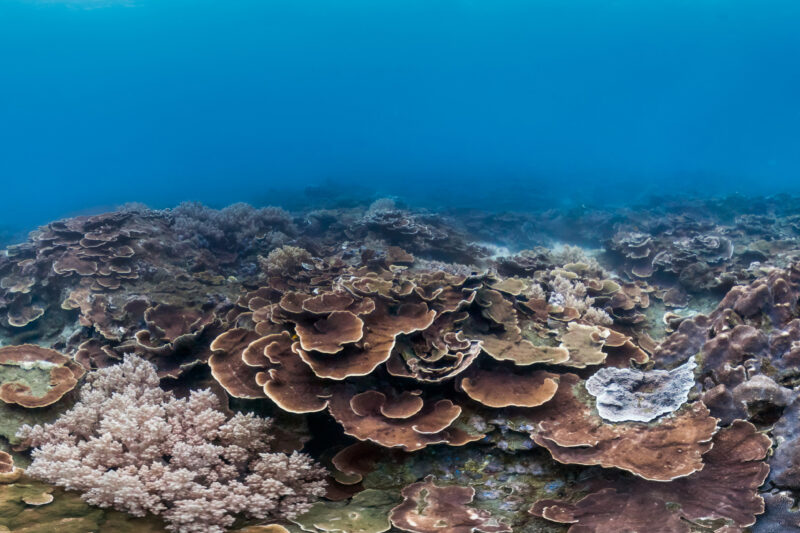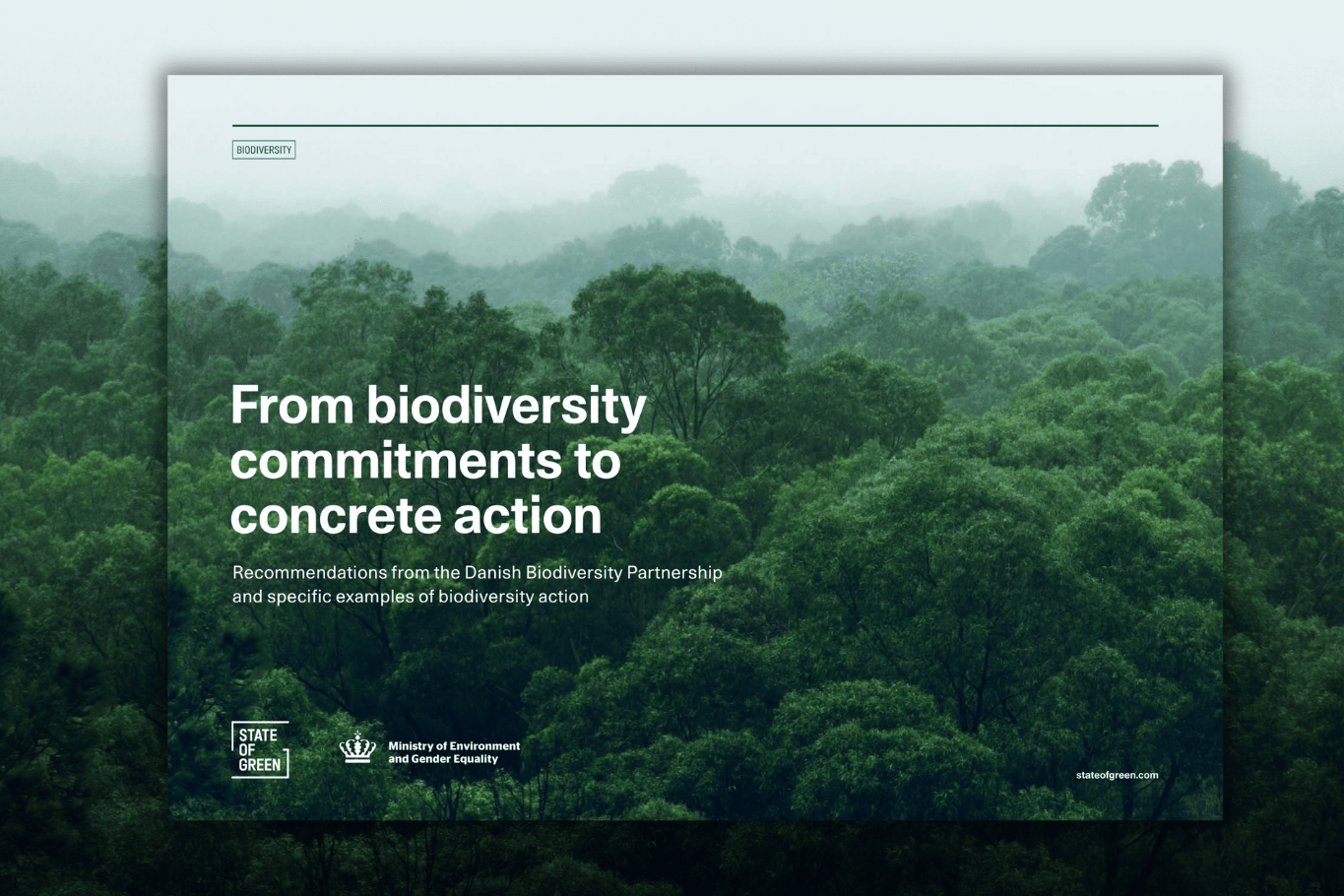As a response to this challenge, Ørsted, a global leader in renewable energy, has started the ReCoral initiative, a project designed to cultivate coral growth on the foundations of offshore wind turbines at the Greater Changua Offshore wind farms off the coast of Taiwan. The project involves carefully transplanting coral fragments onto the bases of the turbines, creating new habitats for marine life. By selecting optimal sites with the right environmental conditions and leveraging advanced techniques, the aim is to encourage coral growth in new settings.
The ReCoral initiative is a collaborative effort together with Penghu Marine Biology Research Centre, drawing on the expertise of marine biologists and environmental specialists to ensure the health and sustainability of the transplanted corals. This project is part of Ørsted’s broader commitment to making a net-positive impact on biodiversity by 2030, showcasing how renewable energy infrastructure can coexist harmoniously with nature.












